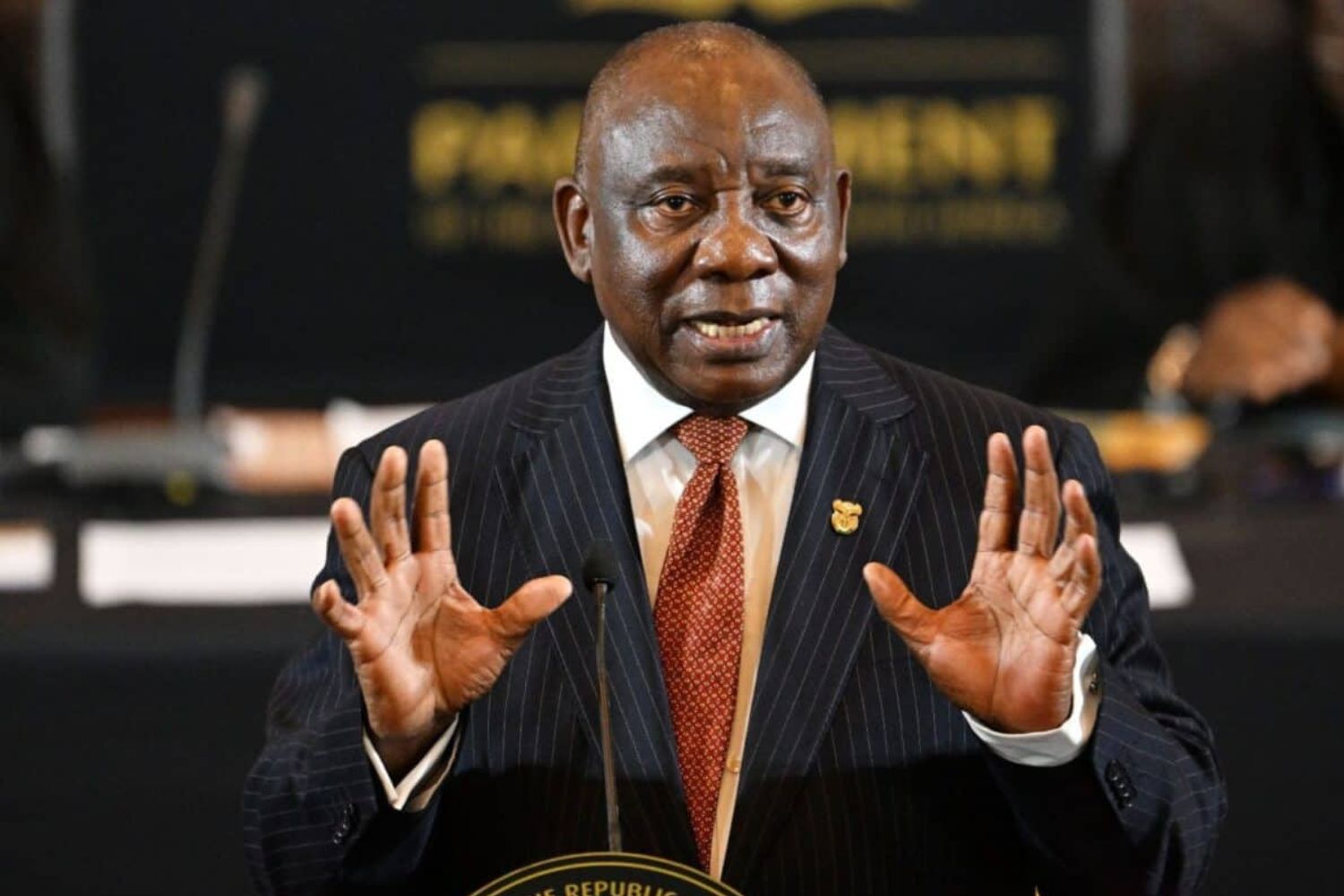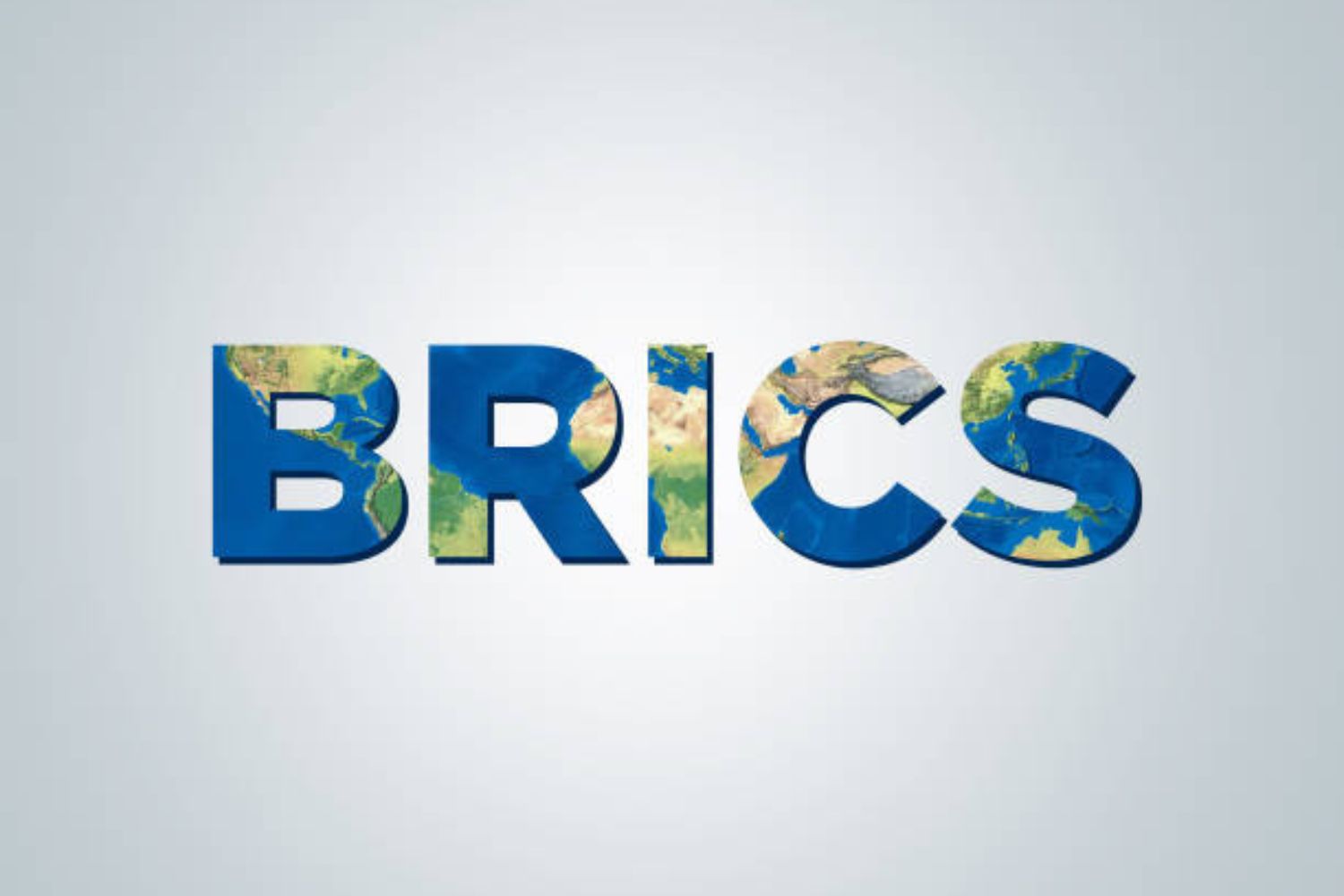South African President Cyril Ramaphosa has enacted a comprehensive climate change law aimed at regulating emissions. This law also mandates adaptation plans for towns and cities across the nation. The new Climate Change Act is a crucial step in South Africa’s efforts to meet its commitments under the Paris Climate Agreement, according to a statement released by the presidency on Tuesday.
This legislation comes at a critical time as South Africa, the world’s most carbon-intensive major economy and one of the top 15 greenhouse gas emitters, faces significant challenges in reducing its dependence on coal for electricity generation. South Africa’s relationship with climate change is deeply intertwined with its historical economic development, largely driven by its rich natural resources.
The discovery of gold and diamonds in the late 19th century positioned the country as a global mining powerhouse. However, this growth came at an environmental cost, with extensive mining and industrial activities contributing significantly to greenhouse gas (GHG) emissions. Under the apartheid regime, economic policies prioritized rapid industrialization, often with little regard for environmental consequences. As a result, South Africa became one of the highest carbon emitters on the African continent.
Today, South Africa remains heavily reliant on coal for energy production, with coal-fired power plants accounting for nearly 80% of the country’s electricity. This dependence has led to South Africa being one of the top carbon dioxide emitters globally, despite its relatively small population. In 2019, the country emitted approximately 479 million metric tons of CO2, placing it among the top 15 global emitters.
The industrial sector, particularly mining and manufacturing, continues to be a major source of emissions, along with transportation and agriculture. Recognizing the urgent need to address climate change, South Africa has taken significant steps to align with global efforts to reduce GHG emissions. The country’s stance on climate change is encapsulated in its commitment to international agreements such as the Paris Agreement, which it ratified in 2016.
South Africa’s Nationally Determined Contribution (NDC) outlines its commitment to peak GHG emissions between 2020 and 2025 and then decline in absolute terms thereafter. This commitment underscores the country’s dedication to transitioning towards a lower-carbon economy while balancing developmental priorities.
The Presidency did not specify the exact date when President Ramaphosa signed the law. The legislation mandates that every province and municipality evaluate climate change risks and create appropriate response plans. Emissions targets will be established for high-emission sectors such as agriculture, transportation, and industry, with relevant ministers tasked with implementing measures to achieve these targets.
The law also requires the environment minister to allocate a carbon budget to major greenhouse gas-emitting companies, capping their emissions over a designated period. Although these allocations have yet to be determined and the law does not criminalize exceeding the limits, companies surpassing their budgets will likely face increased carbon tax rates.
South Africa’s approach to combating climate change is guided by several key policies and strategic plans. These include the National Climate Change Response Policy (NCCRP), which provides a comprehensive framework for addressing climate change impacts and reducing GHG emissions. It emphasizes both mitigation and adaptation strategies, recognizing the need to protect vulnerable communities and ecosystems.
The Integrated Resource Plan (IRP), which outlines South Africa’s long-term electricity generation strategy, emphasizing a diversified energy mix. The 2019 IRP update includes a significant shift towards renewable energy sources, with plans to decommission aging coal plants and increase the share of wind, solar, and hydroelectric power. The Carbon Tax Act, which is aimed at incentivizing emission reductions by imposing a tax on carbon emissions from industrial activities.
This economic instrument encourages businesses to adopt cleaner technologies and practices. The Just Transition Framework, which focuses on ensuring that the shift to a low-carbon economy is equitable and inclusive. It also aims to support workers and communities affected by the transition through reskilling programs and economic diversification initiatives.
Despite these progressive policies, South Africa faces significant challenges in its fight against climate change. The country’s economic dependence on coal and the financial constraints of transitioning to renewable energy are major hurdles. Socio-economic issues such as poverty, unemployment, and inequality complicate the implementation of climate policies.
However, South Africa’s commitment to addressing these challenges remains steadfast. The government is exploring innovative solutions such as green hydrogen production, which could position the country as a leader in the global green economy in Africa.
With a robust policy framework and strategic plans in place, the country is making strides towards reducing its carbon footprint and fostering sustainable development. South Africa continues to navigate the complexities of its transition to a low-carbon economy.
The new energy minister has committed to accelerating the transition to renewable energy, although specific plans remain sparse. Funding mechanisms to support the new law are also not fully detailed. While Western donors have pledged billions of dollars in loans to aid the transition, South African officials indicate that this funding only begins to address the financial needs. This legislation signifies a more assertive stance on climate change and renewable energy by South Africa’s current administration compared to its predecessors.
ALSO READ: South Africa transitions from greenhouse gas emissions to clean electricity generation













